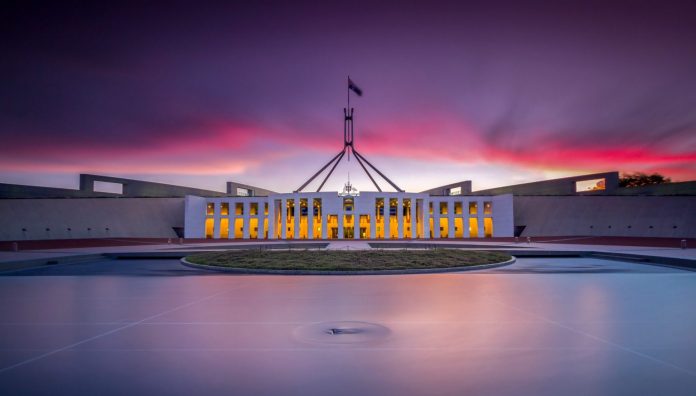In the wake of the Federal Budget, Diabetes Australia has welcomed cost of living relief but urged the Federal Government and the Opposition that they must not lose sight of the more than 1.5 million Australians living with diabetes.
Diabetes Australia Group CEO Justine Cain said that in the midst of the growing diabetes epidemic, which is seeing more than 300 Australians diagnosed with diabetes every day, the lack of new investment in diabetes in this week’s budget was surprising and disappointing.
“Whilst measures to reduce the cost of medicines and increase bulk billing were welcome, there is simply not enough being done to curb the alarming growth in numbers of people living with diabetes and the management of the related complications, that come with a significant cost to the health of individuals and costs to the health system,” Ms Cain said.
“We welcome the commitments that have been made to invest in cheaper PBS medicines and deliver more bulk billed GP visits. These will make a real difference in people’s lives.
“Supporting people to be able to see a GP is an important step in managing all types of diabetes and also preventing many people from developing type 2 diabetes, as well its costly complications. It is undeniable, however, that more must be done,” Ms Cain said.
“Of great concern, is the fact that the diabetes community has been waiting since last year for the Federal Government’s response to the Parliamentary Inquiry into Diabetes. This budget offered no indication about which of the 23 vital recommendations it might support and fund.
“In addition, hundreds of thousands of Australians in need of diabetes technology subsidies have been waiting to hear whether our call for expanded subsidies for insulin pumps and continuous glucose monitoring devices have been heard. The budget remained silent on this critical issue.
“These life changing – and life saving – technologies deliver proven health and economic outcomes. And, just as importantly, increasing their affordability would provide significant cost of living relief for people who are struggling to afford the medicines and technologies they cannot do without.
“While the budget’s cost of living relief measures will save someone on an average income between $200 to $500 per year, the cost of living with diabetes is at least $4,000 per year – often significantly more.”
In the lead up to the Federal Election, Diabetes Australia, Australian Diabetes Society (ADS) and Australian Diabetes Educators Association (ADEA) are continuing to call on both the Government and the Opposition to invest $200 million over four years to expand subsidised access to diabetes technologies for those who would benefit the most.
“Additionally, as Diabetes Australia, ADS and ADEA have been collectively advocating, we need a funding injection into diabetes research now, if we are to find a cure and discover new ways to treat and prevent diabetes, and diabetes complications,” Ms Cain said.
Over the past decade, the number of Australians living with diabetes has increased by 33%, while funding for diabetes research has declined by more than 36%.
“We have some of the brightest minds in medical research in Australia, but in order to keep them here, and properly resource our research facilities, we urgently need to see an increase in funding, but the budget remained silent on this.
“We need to see greater commitments from both Government and the Opposition that recognise the needs of the millions of Australians living with, and at risk of, diabetes.
“Diabetes is the most significant chronic condition facing Australia, and more must be done.
“We have put proposals on the table that make economic sense and will deliver real impact to improve the lives of the more than 1.5 million people living with diabetes. We implore both the Federal Government and the Opposition to act now,” Ms Cain said.










